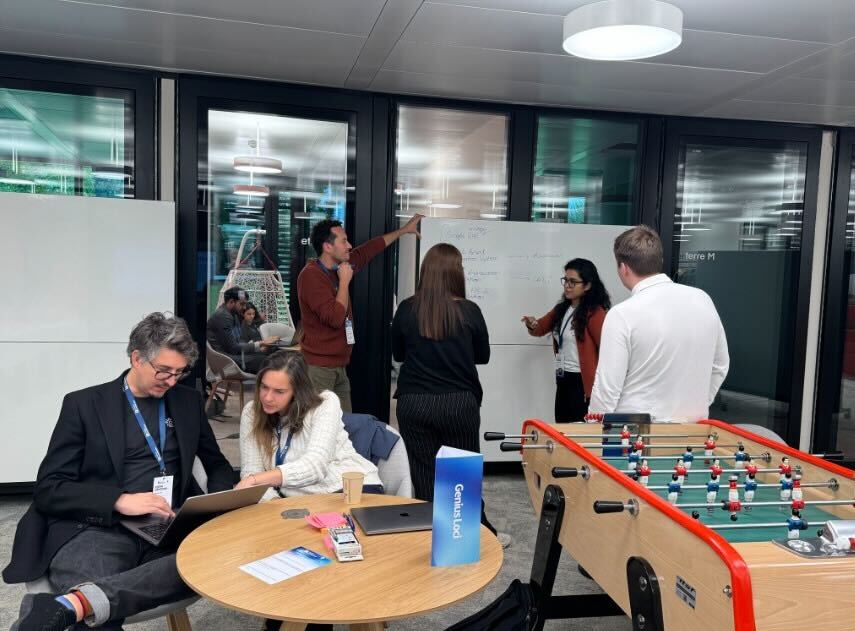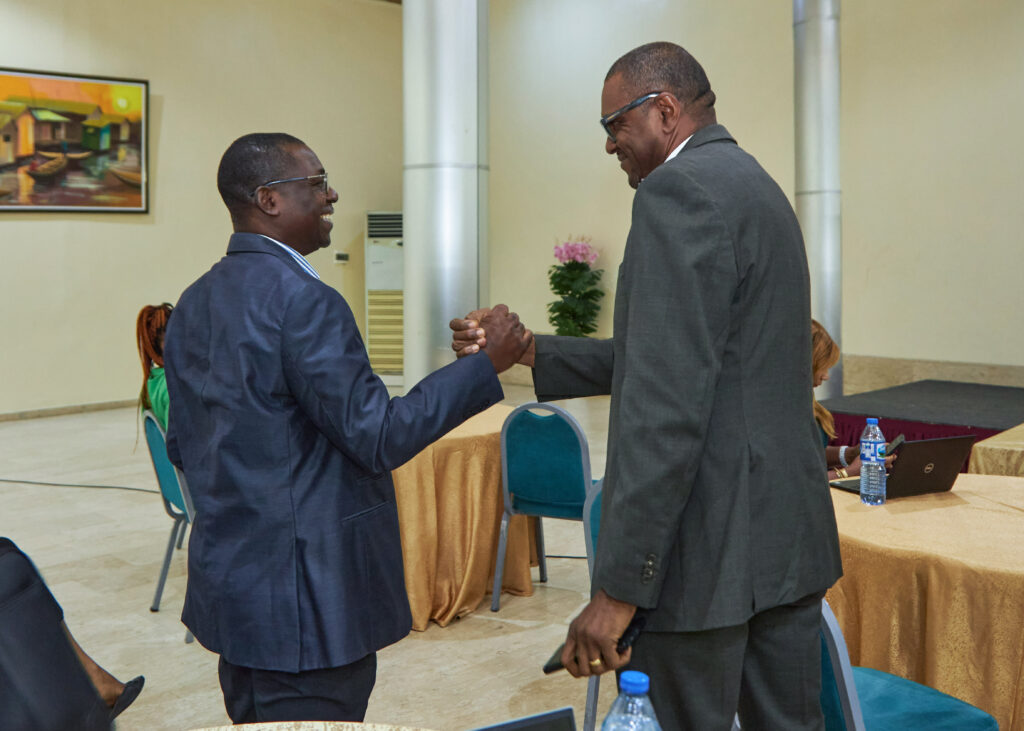
It’s no exaggeration to say that this has been a year we’ll never forget; a year that has brought unprecedented and unimagined challenges.
Back in January, after a highly successful retreat in Geneva, we had no idea what awaited us as we returned to our respective cities, filled with energy, ideas, and ready to start implementing ambitious plans with our stakeholders.
But within days, the first reports of a highly contagious, flu-like and deadly disease began surfacing.
In early March, the WHO characterized COVID-19 as a pandemic and called for countries to take urgent and aggressive action. We watched as one country after another succumbed to the virus, with healthcare services barely able to cope with the exponential spread of the coronavirus. Concerningly, in many cases, hospitals put the diagnosis and treatment of cancer, as well as other life-threatening illnesses, on hold, with no indication as to when they might resume.
Nevertheless our community responded efficiently and effectively. On April 6, we held our first webinar to explore how to continue working in the face of a pandemic, drawing on the insights of experts at partner institutions, such as the Tata Memorial Center, the Icon Group and the UPMC Hillman Cancer Center, who shared strategies and lessons learnt from their early experiences during the COVID-19 pandemic.
By then, it was evident that in-person technical visits, events, and meetings with our city stakeholders wouldn’t be possible for the foreseeable future. That said, there was no way that the C/Can community was going to put its essential work on hold.
We found innovative ways to collaborate to tackle the gaps in cancer care that were triggered by the outbreak of COVID-19, whilst forging ahead with best practices and practical solutions.
For example, the team in Georgia took the lead in linking up with patient organisations and local stakeholders in Tbilisi. They secured funding from USAID to support patients and their families by providing accurate and reliable information to cancer patients, their families, and caregivers. Tbilisi also took the initiative of hosting an international webinar for healthcare professionals, to exchange information and discuss the new realities of managing cancer patients during COVID-19.
At the same time, our city executive committees around the world created Task Forces, such as in Porto Alegre, through which campaigns were launched to encourage cancer patients to continue treatment, and updated information for both health professionals and patients was provided. This was all done whilst developing new tools and utilising digital technology to support equitable access to cancer care.
By August, as with much of the world, we had largely adapted to new forms of virtual working. With the support of communication technologies, we strengthened our networks and rapidly resumed and implemented plans that had been delayed earlier in the year, despite the continual restrictions on mobility imposed by lockdowns.
Our teams have constantly been exploring new ways to bring together our stakeholders and strengthen communication between them, while establishing contact with international experts and even accelerating some decision-making processes that have enabled us to move forward with our city activities.
As 2020 draws to a close, our spirits have been lifted by the news that a series of COVID-19 vaccines will soon be available. At the same time, we will remember the colleagues, family members and friends who have been affected by COVID-19, some of whom we lost. Many of us will also be dealing with feelings of isolation and fear and facing disruption to our routines.
Nevertheless, we are encouraged and inspired by the strength and courage of health professionals, technicians, managers, decision makers and patient representatives that we have worked alongside over this difficult year, and who in the weeks and months to come will continue to fight. The end is in sight, but the battle is still far from over.
We can say in all honesty that we have met the challenges we faced with courage and dignity, in large part thanks to the collaboration of multidisciplinary teams and inter-institutional cooperation. We have strengthened our community, drawing on our mutual experience, accumulated before the COVID-19 pandemic, as well as the use of ICTs, which has increased exponentially.
As we prepare for the coming year, we would like to take this opportunity to acknowledge the hard work and success of the professionals in our cities. Your contribution is invaluable and your dedication, inestimable. You have dealt with unforeseen difficulties, whilst steadily working toward creating a world in which access to cancer treatment is available to all.
Let’s take heart from our achievements this year, secure in the knowledge that we can always find a solution to the challenges faced, and that we will continue to be drivers for change in this world.
Dr Thet Ko Aung Sandra Isano
María Franco Esquivel Dr Gvantsa Khizanishvili
Norlin Ghazali Fred Kwame Awittor
Kyaw Myo Htat Stephanie Shahini





